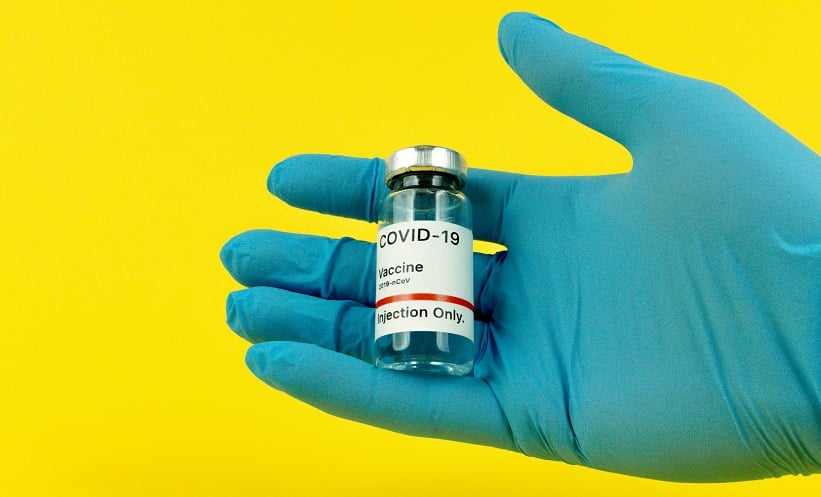PUBLISHED data has shown the COVID-19 and influenza vaccines to be 50% effective in preventing severe disease. Both were discovered to be protective against hospitalisation in children and adults, and these findings underscore the need for monitoring vaccine effectiveness.
One study analysed data on 128,825 people who experienced a medical encounter, or were hospitalised for COVID-19. The study involved 369 emergency departments, and 229 hospitals. Of this cohort, 17,229 received a positive test for COVID-19, and 111,569 a negative test. Eight percent of those with a positive test had received an updated vaccine, as had 12% of those with a negative test. Looking at the results, vaccine effectiveness against COVID-19-associated medical encounters or hospitalisation was 51% (95% confidence interval: 47–54%) in the first 7–59 days after receiving an updated vaccine dose, and 39% (95% confidence interval: 33–45%) 60–119 days after an updated vaccine dose.
Another investigation suggested that influenza vaccines have similar effectiveness to their predecessors. This work focused on patients hospitalised with acute respiratory illness. Wider research on close to 700,000 people in California, revealed that 28% of people who received an influenza test had received a vaccine, including 18% who tested positive and 29% who tested negative. Adjusted vaccine effectiveness was 45% against a positive test, and was most effective in people aged younger than 18 years (56%), declining amongst older age groups: 48% in adults aged 18–49, 36% in those aged 50–64, and 30% in those older than 65.
Looking at these studies, it is clear that when the pace and frequency of evolving variants in both COVID-19 and influenza are considered, there is a need for monitoring vaccine effectiveness. This research clarified that receipt of a COVID-19 vaccine dose provided increased protection against emergency department and urgent care encounters, compared to no receipt of a vaccine.








